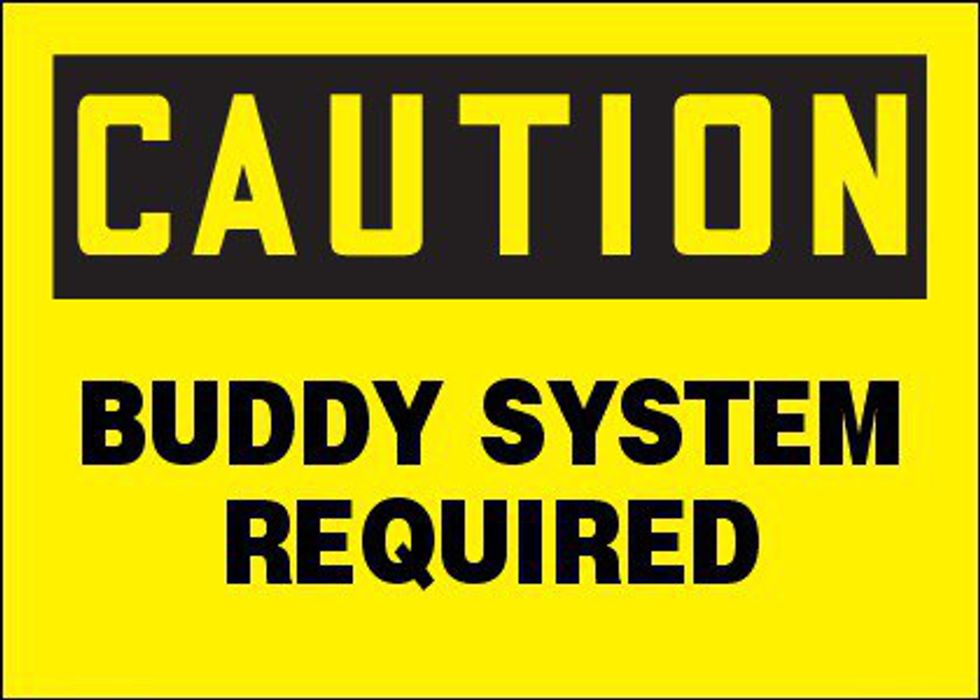If you're like me, you have a creative mind and big dreams. You may want to write a book, or a script for a stage show or movie. Writing seems easy; you think of a story and you write it. However, writing a story that is long enough, profound enough, and most importantly, good enough is very difficult. Writing a quality piece of work can take many more years of hard work planning, writing and refining than expected--I should know, I've been working on the same book for five years.
If you ever feel like you can't handle the masterpiece that you have in mind, if you ever feel inadequate, remember that writing is hard. You can't just sit down in front of a computer or a notebook and expect to get everything right the first time. Many famous authors have been in your shoes before.
In order to help you through the struggles that I have faced during my novel-writing journey, I have put together a list of handy tips to help you along your way.
1. Plan things.
When I first started writing my novel, I thought I could just sit down and start writing without a clear idea of what I was doing or where I was going. I feel like a lot of young writers-to-be have that perception; to write a book means you sit down and go. But if you don't put any effort into planning where the story is going, it will ramble on, zig-zagging around, leaving loose ends and having strange scenes that really don't matter in the course of the story. The ending might not even have anything to do with the beginning at all. In order to avoid your plot looking like the elegant diagram below, plan. It doesn't have to be an incredibly detailed one, it just needs to cover the basics. And you don't need to follow it to a "T" either; plans change all the time as we find out what is/isn't working.
Next time you sit down to write, try creating an outline or "story mountain." Outlines are great because they can be as much or as little detailed as you want and still cover everything in your story from start to finish. "Story mountains" are diagrams that usually have five parts: Introduction, Rising Action, Climax, Resolution, Ending. They are nice because they keep you aware of the different parts of your story. However, always remember that a mountain can have more than one peak, and so can your narrative.
2. Always have a reason for things.
Do not, and I repeat, do not, add something just because it "sounds cool" or "is funny." Always have a reason. When you're writing a story, everything is important. When your character makes a joke, tell yourself that it's because they're a jokester or are just trying to relieve tension. When you want to have a fight scene, instigate it and end it in a way that is significant to the plot. If you have to try to hard to think of a reason for something, it probably would be best if you left it out.
3. Make things symbolic.
On a similar note, it's important to have symbolism in your work. Even if it's just in how the setting is, symbolism is something that our subconscious loves. Even if you aren't using your symbols in an incredibly clever way, they can be used to set a scene. The presence of flowers can imply romance. Black clothes symbolizes mourning. So don't just make the curtains blue (to use the example presented in the diagram below) because they look pretty, make them blue because they mean something.

4. Always be original.
A lot of times our ideas are inspired by someone else's work. You might watch a Marvel movie and want to write about similar characters, or read "Twilight" and want to write about vampires. However, unless you are writing fan-fiction, you should always try to be as original as possible when you are writing. Not only will you avoid any sort of finger-pointing or lawsuits, but also because it is satisfying to come up with something totally unique. You can be proud of all of your new ideas. This is not to say, you can't write about superheroes or vampires, but try your best to make totally original characters, new events, new themes, etc.
5. Have a buddy.
Depending on your personal preference, this tip may seem either extremely obvious or completely intrusive. No matter what you think though, having someone to talk to about all of your ideas and show your plans and just help you in general is great. They can help when you have writer's block, or come up with new ideas, and even just tell you when something feels off. Having another pair of eyes in the writing process is so helpful because they can help notice plot holes or silly story lines before you get too far in. They can save you a lot of time rewriting. However, always remember that the most important opinion is your own, so if you can provide a good reason for writing something, it's your decision to keep it or not.
6. Keep your dreams in mind.
This is the most important one. Never forget what your end goal is. Do you want to become a best selling author? Do you want to make a movie? Hold on to that. Dream about it every day. If you don't keep your dreams in mind, you won't be productive and might not even finish. "If you believe, you will achieve." Without belief in your goal, you won't reach it. It's that simple.




















